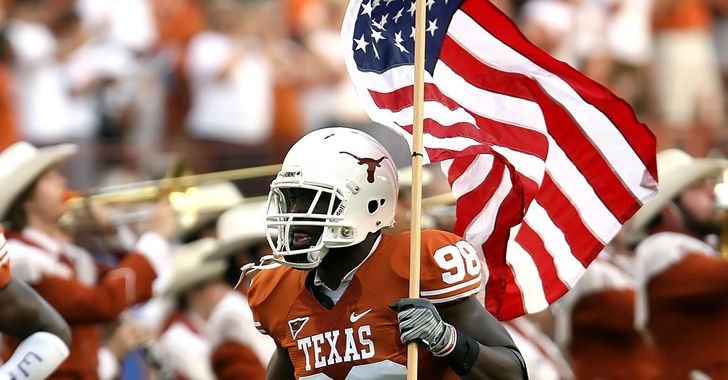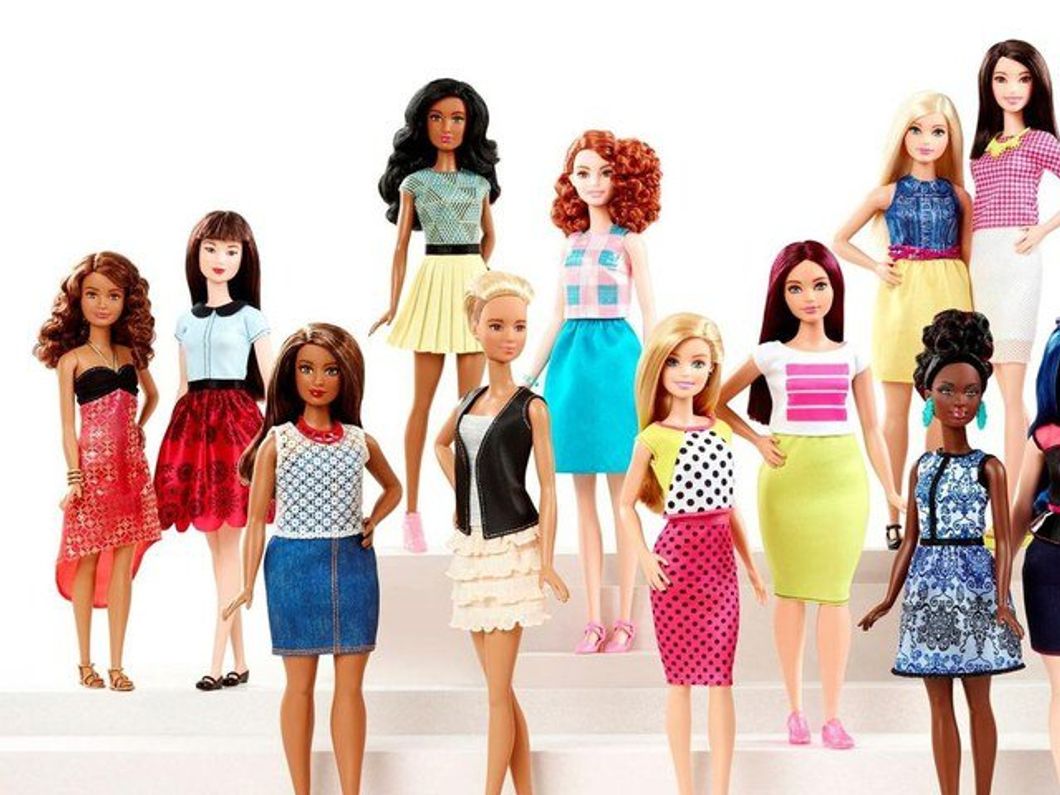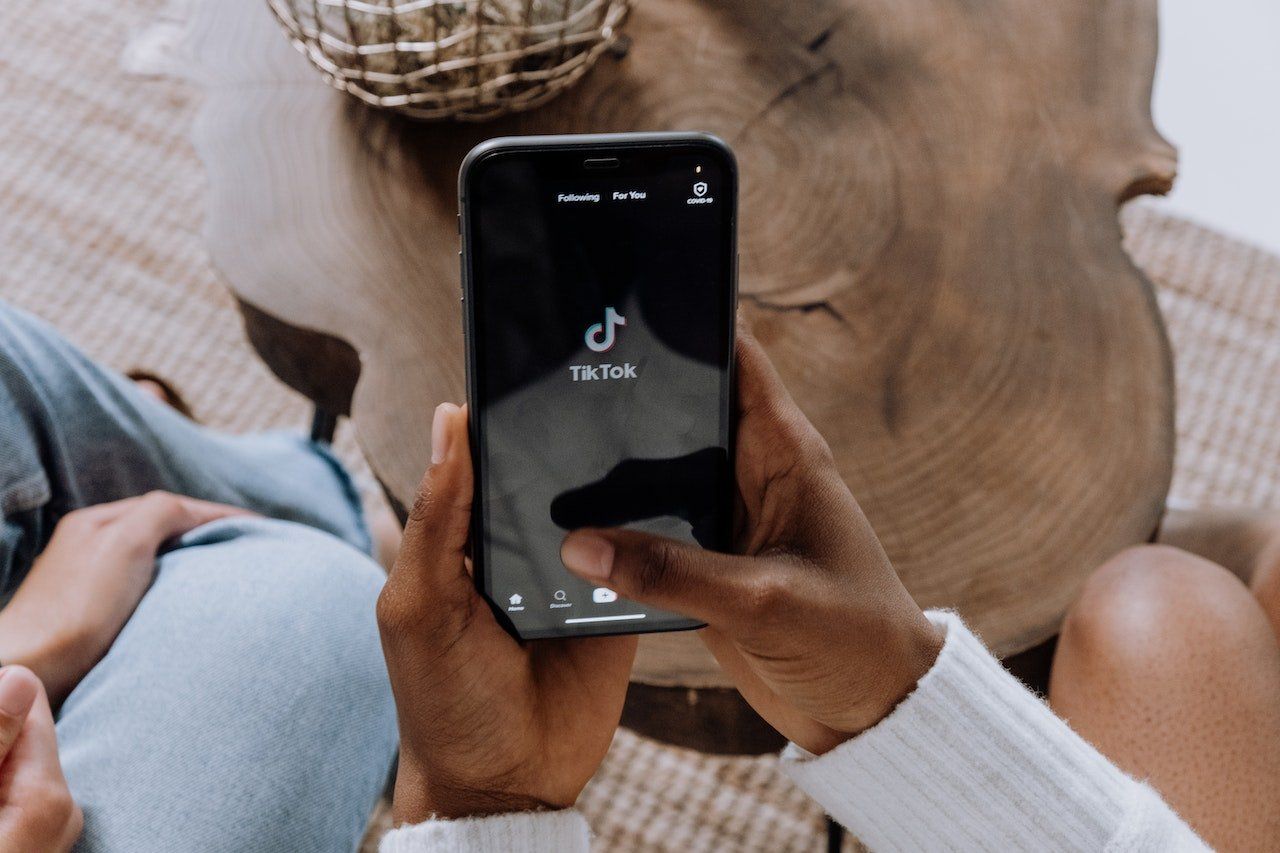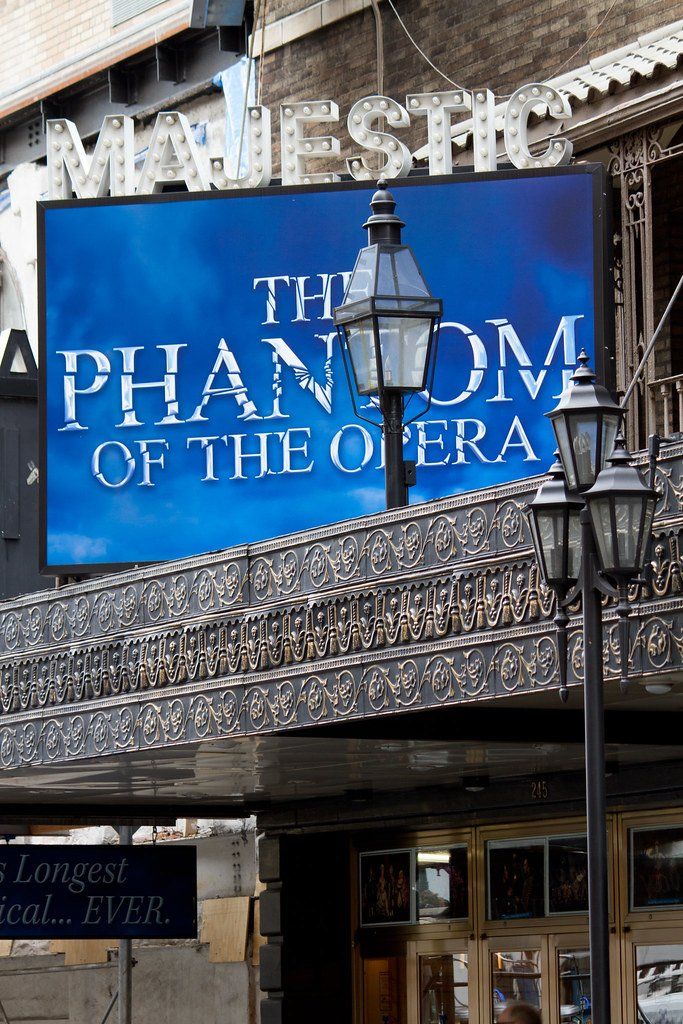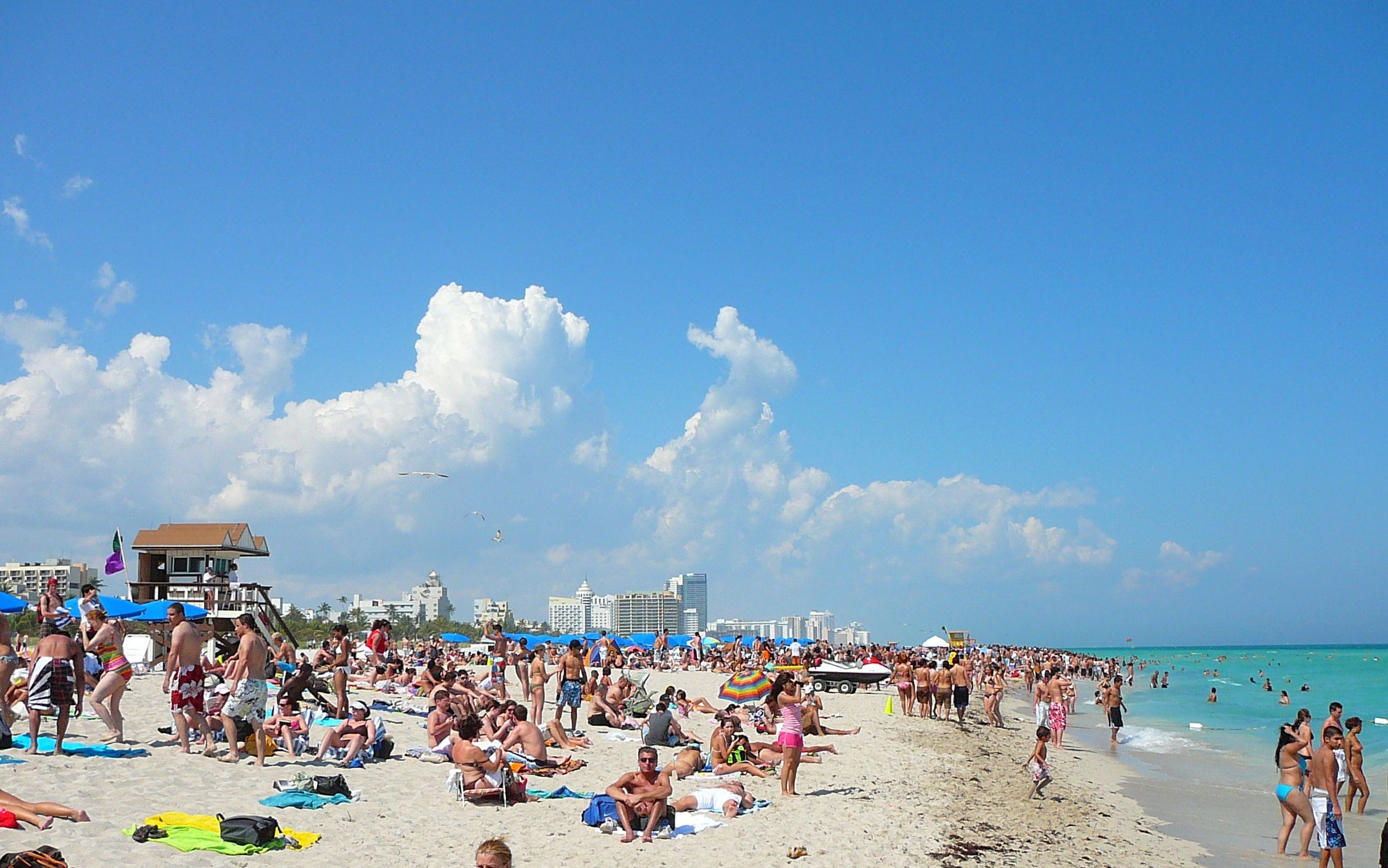When reports surfaced that Michael Bloomberg, billionaire and former New York City mayor, was considering a presidential run in the Democratic primary, I was gobsmacked. So gobsmacked, in fact, that as I was sitting backstage at a rehearsal for a brand-new, student-written, student-directed production I very nearly missed my cue to hop up on stage.
Yet another contender throwing their hat into the Democratic primary ring after what had been a historically packed field has already begun to winnow is the last thing I expected to hear about on a Friday afternoon.
Nonetheless, here we are. We don't know yet if Bloomberg will actually run, but for now, he's just begun filing for primaries in Alabama and other states with early deadlines coming up. For now, the massive inertia of Bloomberg's political ambition hangs in the balance.
And yet, that's not to say that Democrats are necessarily waiting with bated breath. As FiveThirtyEight reports, 83 percent of Democratic and Democratic-leaning voters are content with the current makeup of the field. And polls questioning voters about this hypothetical Bloomberg campaign specifically found that only 6 percent would definitely vote for him should he enter.
While 6 percent would be a considerably good starting point given that the current fourth-place candidate in the national field (Pete Buttigieg) is averaging 7 percent in the polls, it's probably not what Bloomberg would necessarily hope for given his relatively high name recognition. In fact, the only reason that Bloomberg is considering leaping into the race at this juncture is that he's unsure of the prospects of current frontrunner and fellow center-lane-hugger, former Vice President Joe Biden. Biden has struggled to raise money in recent quarters and gains by Sens. Elizabeth Warren and Bernie Sanders have shown some cracks in his campaign.
So, assuming that the reports turn out to be accurate, what would Bloomberg's participation mean for the actual state of the race? Well, the outcome could be manifold. For one, no winner of any presidential nomination in the modern era has ever entered the race later than August, so the notion that Bloomberg could skip the first four caucuses and primaries only to come back and sweep Super Tuesday is a bit far-fetched. That being said, there's every possibility that a Bloomberg campaign could have real effects on the shape of the race.
For one, Bloomberg could make moves to supplant Joe Biden. However, the likeliest outcome of this scenario is that he merely siphons votes away from Biden, as the former VP isn't showing any signs of leaving the race any time soon. This divide of the moderate electorate could position Warren and Sanders to gain ground, as an already fractious race would become even more so.
It's also possible that a Bloomberg campaign would squeeze out other relative centrists, from Buttigieg on down. With better name recognition than most and an incredible amount more money (Bloomberg's net worth is estimated at $53 billion, making him the ninth richest person on the planet) Bloomberg could easily follow a strategy similar to that of fellow billionaire Tom Steyer in absolutely carpeting early states with campaign ads to boost poll numbers and garner enough unique donors to meet the DNC's threshold to compete in the debates.
That approach, however, hasn't been hugely popular. While it has netted Steyer appearances in a few debates, it's also drawn the ire of some of his fellow Democrats, raising accusations of "buying" donors. And to add the cherry on top, Steyer's campaign is currently mired in scandal, so any association with it, no matter how tenuous, could prove toxic to Bloomberg.
None of this to say anything about the optics of the race. That is, as yet another old, white, rich man, a turncoat who went from Democrat to Republican to Independent back to a Democrat again, Bloomberg could potentially be opening himself up to virulent criticism. And while I think most would prefer ideas, not identities, to rule the roost, the reality is that laid out plainly Michael Bloomberg has more surface traits in common with Donald Trump than he does the average Democratic voter.
Further still, there is the possibility that Bloomberg makes no impact upon joining the race. That, not so unlike another mayor of New York City, he fizzles out after failing to gain much traction. While I find this the unlikeliest of all outcomes, particularly given Bloomberg's vast personal finances, I also think it's far from impossible. After all, the current metaphorical battleground is littered with the carcasses and half-dead wrecks of sitting senators, governors, and cabinet secretaries. What's one more New Yorker?
In what's already been a jumbled and contentious primary season, Michael Bloomberg presents the reality for Democrats that the fighting is far from over and that the road to facing President Trump may be a little bit longer than anticipated.



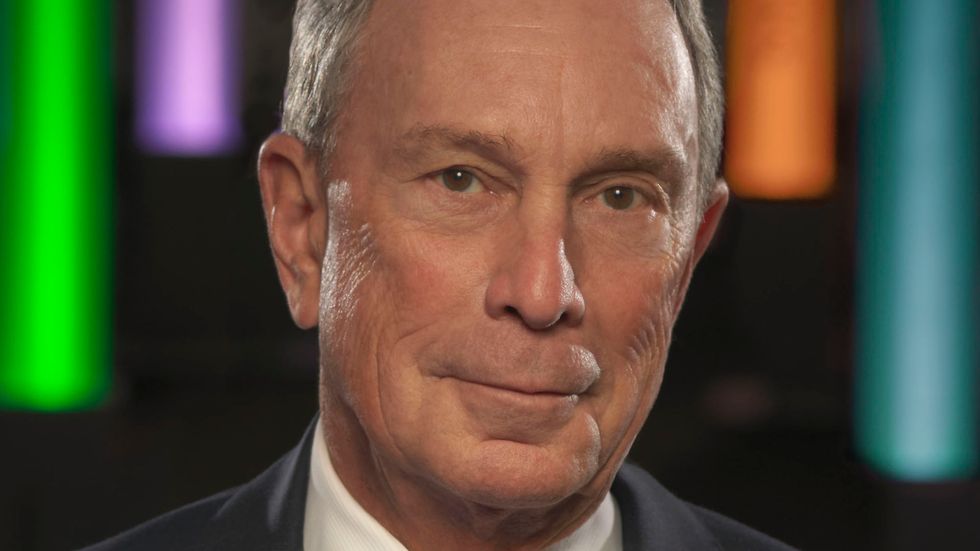
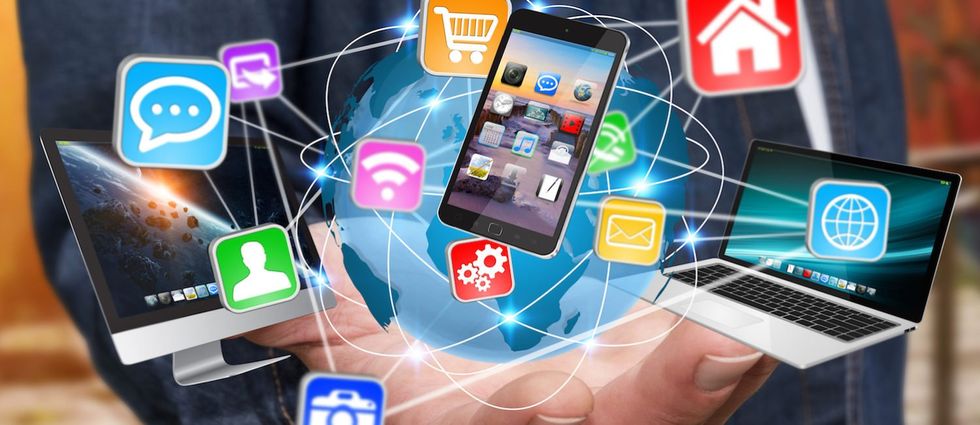
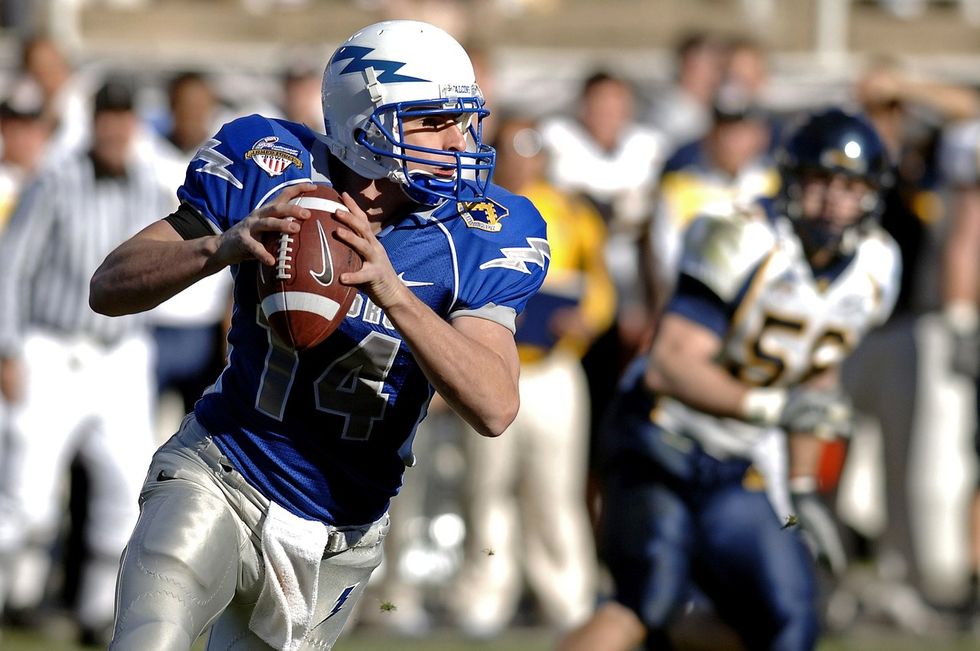
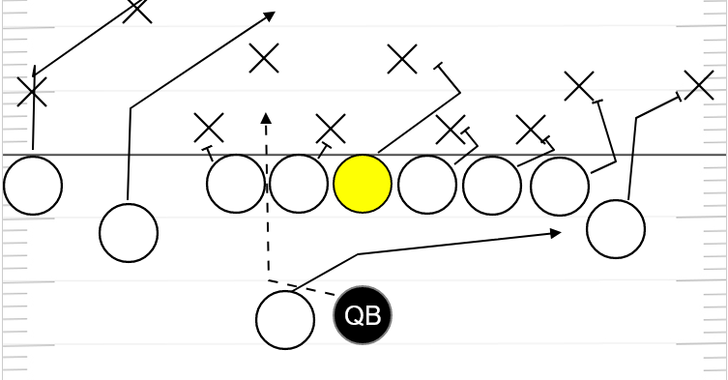
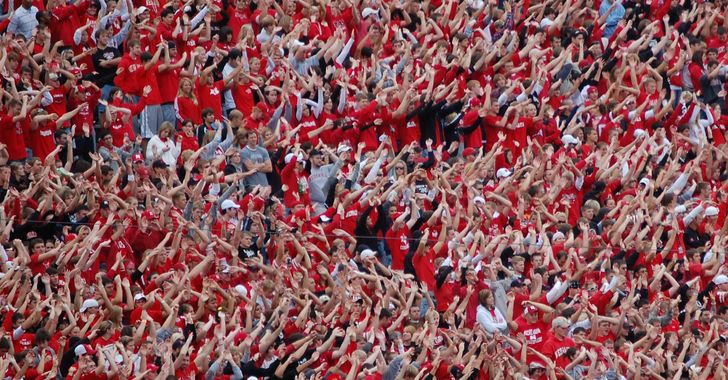
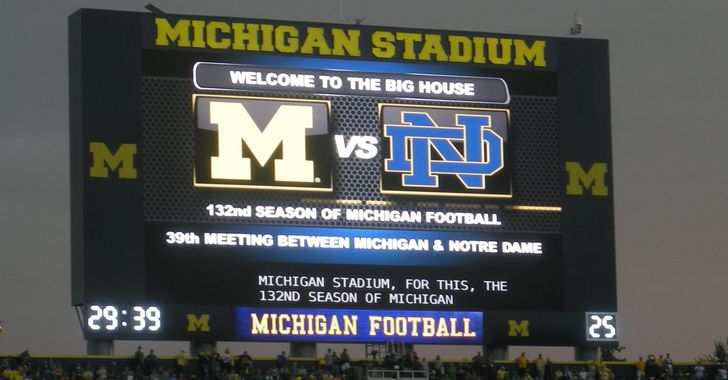
 Photo by
Photo by 